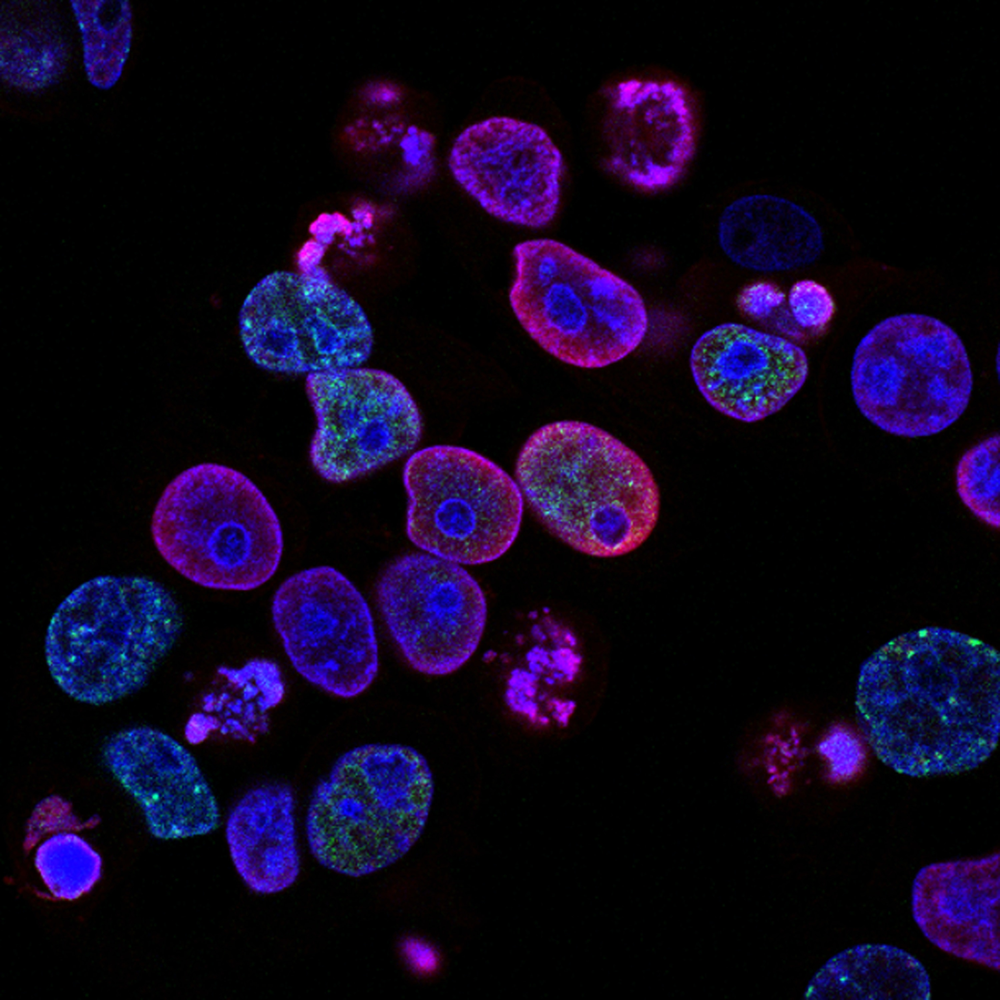Spirulina is a type of blue-green algae that grows naturally in oceans and salty lakes in subtropical climates. Spirulina was once classified as a plant because of “its richness in plant pigments as well as its ability of photosynthesis,” according to a study published in the journal Cardiovascular Therapeutics.
A new understanding of its genetics caused scientists to move it to the Bacteria kingdom — studied extensively because of its high nutritional as well as potential therapeutic values, according to the study’s authors.
Some of the reported benefits of Spirulina are:
Spirulina Is Extremely High in Many Nutrients.
- Protein: 4 grams
- Vitamin B1 (thiamine)
- Vitamin B2 (riboflavin)
- Vitamin B3 (niacin)
- Copper
- Iron
- It also contains decent amounts of magnesium, potassium, and manganese and small amounts of almost every other nutrient that you need.
- Gram to gram, Spirulina might be one of the most nutrient-dense foods on the planet!
Powerful Antioxidant and Anti-Inflammatory Properties.

- Spirulina is a fantastic source of antioxidants that protect the body.
- Oxidative stress can damage your DNA and Cells.
- The active ingredient in Spirulina is called phycocyanin, this is what gives it the green-blue color.
- Phycocyanin can fight free radicals and inhibit the production of inflammatory signaling molecules, providing impressive antioxidant and anti-inflammatory effects
Can Lower “Bad” LDL and Triglyceride Levels.
- Studies have been found to report that small doses of Spirulina taken daily have shown to reduce the BAD cholesterol and triglycerides.
- This has shown to prevent and manage heart disease in early stages.
May Have Anti-Cancer Properties.

- Here, in India, there have been studies that have shown great promise in the ability Spirulina has to reduce and prevent the growth of cancer and tumors.
- However, some of these studies have also shown that when the subjects stopped taking Spirulina the tumors returned in the following 12 months.
- Obviously more research is needed in this field, but the results seem very promising.
May Reduce Blood Pressure.
- Spirulina may lead to higher levels of Nitric oxide in the blood which is a major factor in the signaling of the blood vessels to relax and contract.
- Lowering blood pressure with natural remedies such as Spirulina might prevent medication, and not to mention chronic heart disease, cardiac failure, and kidney disease.
May Be Effective Against Anemia.

- Keep in mind that more research is needed in this area.
- There are many kinds of anemia, one of the most common ones is when the red blood cells and hemoglobin is reduced in the blood.
- This typically happens during infections, and is accompanied by fatigue and low energy.
- Spirulina has been seen to increase red blood cells and hemoglobin and improve immunity, but the exact dosages for this are unknown.
May reduce blood sugar levels.
- There have been some small and short studies that have shown that daily dose of Spirulina reduced blood sugar levels significantly.
- Small study sizes mean that more research is warranted.
- However, the results have been promising enough.
A long list of benefits for Spirulina and certainly an impressive one. There isn’t an aspect of good health that this microscopic organism has not covered. But there are a few words of caution.
The typical dosage is 1-2 grams per day. And although for certain specific results it may need to be higher, it is recommended that you consult a qualified Nutritionist to calculate that for your dog’s specific issues. Spirulina does not get toxic in high doses, but it does come with its side effects if overdone.
Side effects can be symptoms such as nausea, dizziness, gastric discomfort or vomiting. Also, the source of this supplement should be clean and contamination-free, or you will do more harm than good.
Bottom line is that this is an impressive gift of nature. It definitely belongs in your dog’s diet.
HOW MUCH: Start with a pinch or two per meal. Based on the size of your dog, you can go up to 1gm per day. (!gram of powder is quite a lot – do not eyeball it at the risk of overdoing it!)
